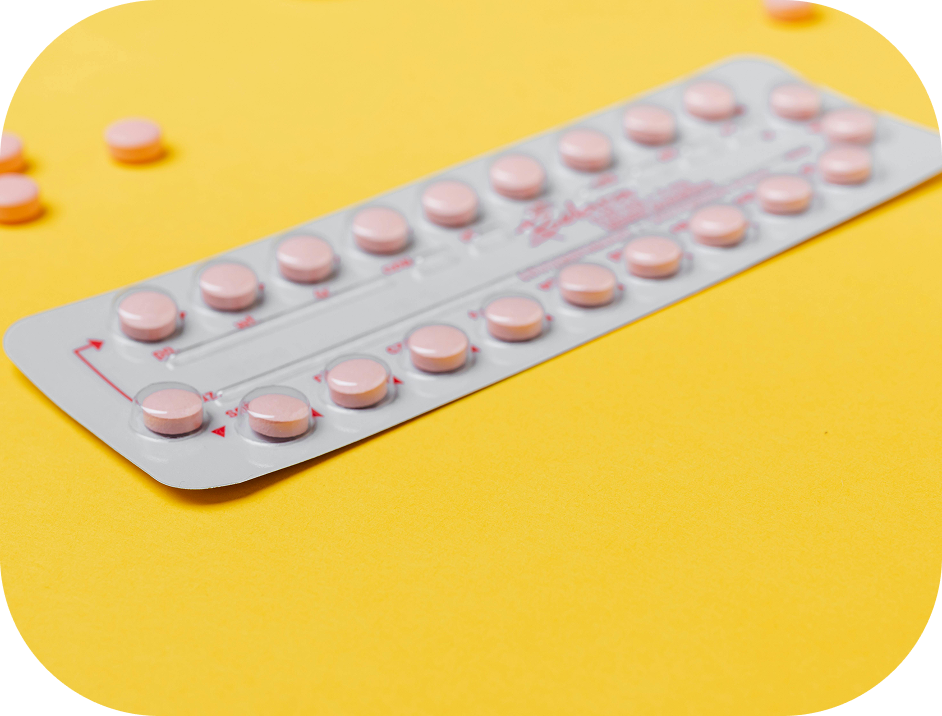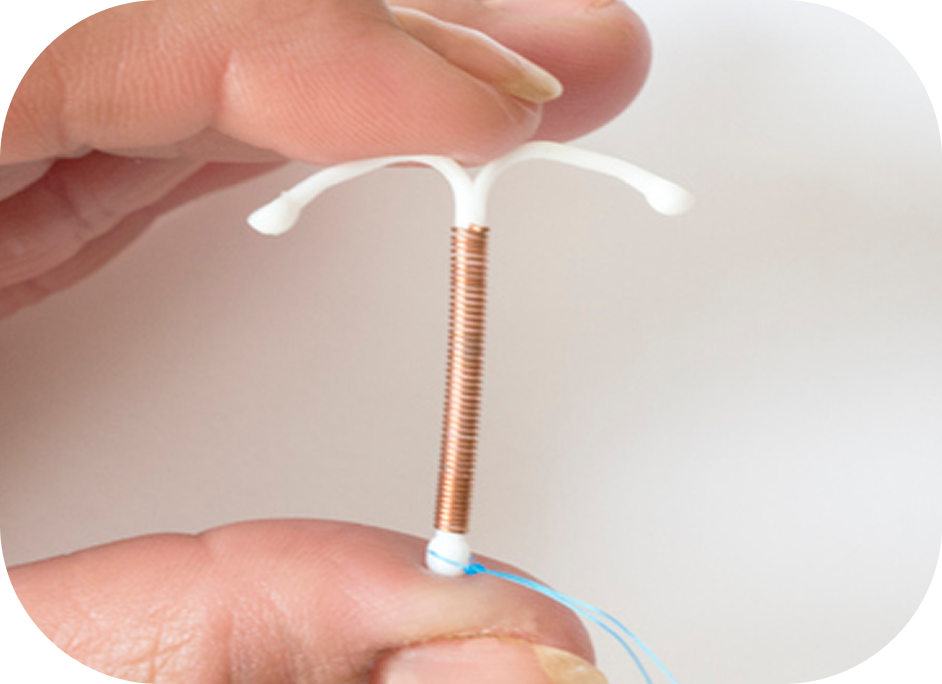
Emergency Contraception
What is Emergency Contraception?
Emergency contraception is a method of birth control that can prevent pregnancy after unprotected sex or contraceptive failure. It is most effective when taken as soon as possible after unprotected sex.
Effectiveness of “Morning After” pill after having unprotected sex
slide for more information
The “Morning After” Pill
Should unprotected sex occur, emergency contraception can be used to prevent pregnancy. The “morning after” pill can be bought over the counter. Popular brand, Plan B, is a hormonal pill. For non-hormonal pills like Ella, a prescription from a doctor is required. The longer you wait from the time you had sex to the time you take either pill will directly affect your chance of getting pregnant. It is suggested to take it right away as its effectiveness decreases as days go by. It is only effective for three to five days, when sperm is alive.
Birth Control Pills
If you have not been regularly taking the pill and have unprotected sex, these can still be effective in preventing pregnancy. Catch up to the number of pills you failed to take beforehand. For every pill missed, you should add another pill to your daily dosage. Only take up to two per day until you’ve caught up to your regular schedule. This approach is less effective, though, and does not guarantee prevention of pregnancy. It can also increase the side effects, like nausea.

Copper-T IUD
Not to be confused with the hormonal IUD discussed on the Hormonal Birth Control page, the copper-T IUD works as an emergency contraception.
It is inserted into your body by a medical professional within five days of when you last had sex. The IUD can also prevent pregnancy for as long as you have it in place. It is a non-hormonal type of birth control and is 99% effective when used properly.

What Are the Side Effects of Emergency Contraceptive?
Side effects from emergency contraception are usually mild and go away quickly. They are similar to side effects from oral contraceptive pills and include:
Side effects from emergency contraception vary for each user. You should talk to your doctor if you experience any of the following symptoms:
Disclaimer:
When exploring birth control methods, it’s essential to research various options and consult a healthcare professional to make an informed decision that aligns with your unique needs and lifestyle. Each individual’s body and circumstances are different, so it’s important to choose a method that feels right for you—free from external pressures or influences. Remember, this is a personal choice that directly impacts your health and well-being. Prioritizing your comfort and understanding will empower you to make the best decision for your reproductive health.
Emergency Contraceptive Resources
View moreFEMM Health
FEMM Health- Telemed
FEMM Health
Have Questions About Emergency Contraception?
Ask Our Confidential Chatbot!

